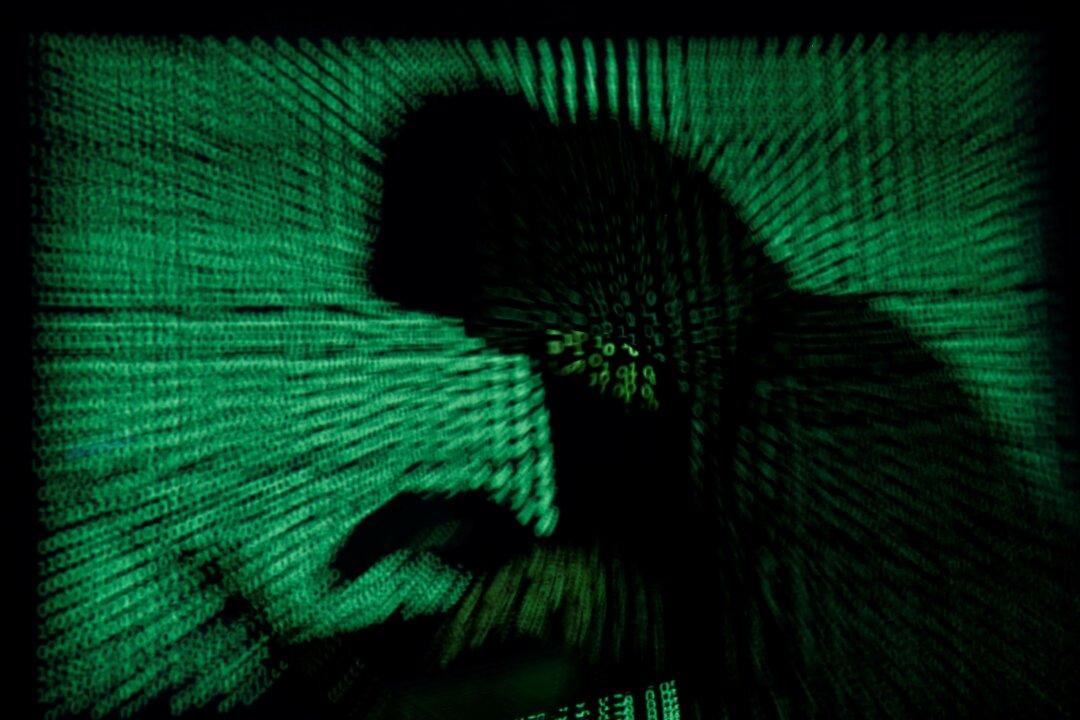Commentary
One phrase that has stood the test of time is “don’t poke the bear”—a warning used to dissuade others from doing something that will likely provoke an unwanted response.

One phrase that has stood the test of time is “don’t poke the bear”—a warning used to dissuade others from doing something that will likely provoke an unwanted response.